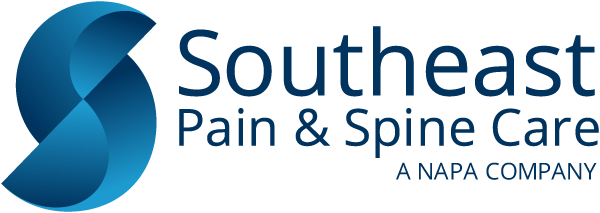Fibromyalgia
What is Fibromyalgia?
Fibromyalgia describes a muscle disorder characterized by widespread aching that lasts for more than three months. Tender points are found on both sides of the body, and the pain is usually continuous. There may be day-to-day fluctuations in intensity that shift from one area of the body to another. More and more people suffer from Fibromyalgia each year.
What are the risk factors of Fibromyalgia?
- Gender – Fibromyalgia occurs more often in women than in men
- Age – Fibromyalgia tends to develop during early and middle adulthood
- Disturbing sleep patterns – it is unclear whether sleeping difficulties are a cause or the result of fibromyalgia. However, people with sleep disorders such as nighttime muscle spasms, restless leg syndrome, or sleep apnea often have fibromyalgia
- Family history – you may be more likely to develop fibromyalgia if a relative also has the condition
- Rheumatic disease – if you have a rheumatic disease, such as rheumatoid arthritis or lupus, you may be more likely to develop fibromyalgia
What are Fibromyalgia symptoms?
- Deep muscle pain
- Morning stiffness
- Sleep problems
- Memory problems
- Constipation or diarrhea
- Depression
- Anxiety
- Headaches
- Fatigue
What can control Fibromyalgia symptoms?
- Cardiovascular fitness
- Relaxation techniques
- Control of mental stress
- Low-dose antidepressants
- Biofeedback training
- Development of self-management skills
- Occasional trigger point injections into specific tense muscles
- Limit stress
- Consistent sleep patterns
- Take medications only as prescribed
Are there coexisting conditions?
Many people who suffer from fibromyalgia may also have:
- Depression
- Migraine headaches
- Osteoarthritis
- Post-Traumatic Stress Disorder
- Chronic Fatigue Syndrome
- Restless Leg Syndrome
- Rheumatoid Arthritis
- Irritable Bowel Syndrome (IBS)
- Lupus
- Endometriosis
What are my Fibromyalgia treatment options?
Medications
- Antidepressant medications are very helpful in relieving fibromyalgia pain and improving deep restorative sleep. They work by balancing serotonin & other brain chemicals.
- Anticonvulsants were developed to treat seizures and help relieve many types of pain. Lyrica®, an anticonvulsant, was the first medication approved by the FDA specifically for fibromyalgia pain.
- Analgesics like acetaminophen (Tylenol®) may ease the pain and stiffness caused by Fibromyalgia
Injections
- Trigger-point injection therapy – local injections of analgesics and/or cortisone medication into the trigger-point areas can also be helpful in relieving painful soft tissues associated with Fibromyalgia
- Botox – blocks neuromuscular transmission and can relieve pain and spasms associated with Fibromyalgia
Therapy
- Physical therapy – specific exercises can help restore muscle balance and may reduce pain associated with Fibromyalgia
- Counseling – teaches you methods for dealing with stressful situations and may help you manage your Fibromyalgia
For additional information on Fibromyalgia, please call 866-228-1108 to request an appointment with one of our Southeast Pain and Spine Care pain management providers or click to Request an Appointment.


